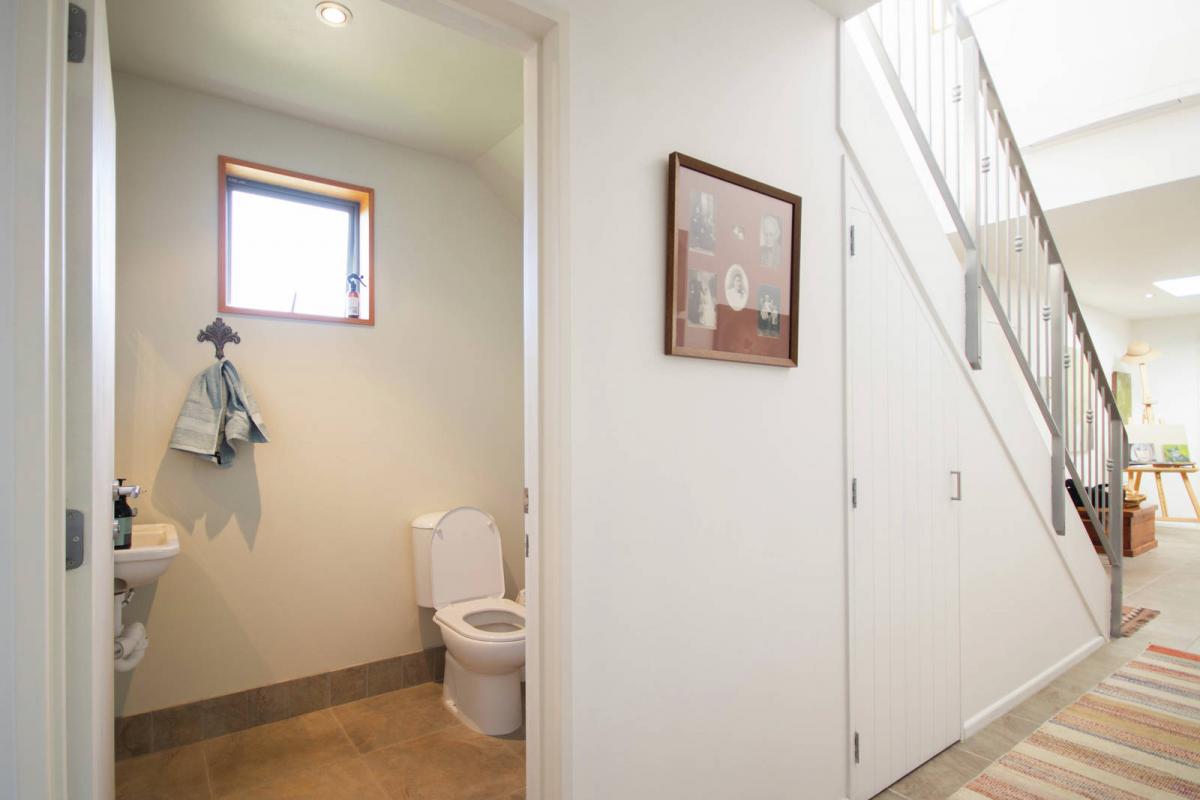Re: Goods Must be of Acceptable Quality
Goods you buy must be of “acceptable quality”
“A lot of people don’t realise what protections they have when they buy consumer goods from a New Zealand business” says Neil Lancaster of Citizens Advice Bureau Christchurch Area. “According to the Consumer Guarantees Act, those goods must be of acceptable quality. This means that the product must do what you would expect it to, and last a reasonable length of time.”
Neil Lancaster says “The product must be fit for its normal purpose and in good working order, have an acceptable finish and appearance, no minor defects, be safe to use and durable. For example, if you buy a new vacuum cleaner and it doesn’t clean the floor very well, overheats easily or needs repairs not long after the purchase, then it is not of acceptable quality. Also, if you’ve arranged for the business to deliver the product to you, they are responsible for ensuring that it arrives in good working order.”
“Second hand consumer goods that are sold by businesses must also be of acceptable quality, though of course you shouldn’t expect a second hand product to last as long as a brand new one, nor that it will be free of dents or scratches. You do need to take into consideration the age and price of the item.”
“If something you’ve bought from a business is of unacceptable quality, you can go back to the business and the business must put it right”. They have to get it repaired at their own cost, or if it can’t be easily fixed they have to replace the item or give you a refund. The business can’t simply refer you to the manufacturer, require you to return the item in its original packaging, or offer you store credit instead of a refund.”
“Some people think that once the warranty expires then that’s the end of the story, but in fact even if something is out of warranty you still have the same rights under the law. You should expect what you’ve bought to last a reasonable length of time, regardless of the warranty.”
“If you do strike any problems with getting a remedy for goods of unacceptable quality, we can help” says Neil Lancaster “Just pop into one of our three Christchurch locations; Ara (CPIT), Fendalton Library or Hornby Library or call 0800 367 222 (free to call from a prepaid cell phone).
Best way to use leftovers?
I'm sure you've got some excess ham at home or cold roast potatoes.
What are some of your favourite ways to use leftover food from Christmas day? Share below.

⚠️ DOGS DIE IN HOT CARS. If you love them, don't leave them. ⚠️
It's a message we share time and time again, and this year, we're calling on you to help us spread that message further.
Did you know that calls to SPCA about dogs left inside hot cars made up a whopping 11% of all welfare calls last summer? This is a completely preventable issue, and one which is causing hundreds of dogs (often loved pets) to suffer.
Here are some quick facts to share with the dog owners in your life:
👉 The temperature inside a car can heat to over 50°C in less than 15 minutes.
👉 Parking in the shade and cracking windows does little to help on a warm day. Dogs rely on panting to keep cool, which they can't do in a hot car.
👉 This puts dogs at a high risk of heatstroke - a serious condition for dogs, with a mortality rate between 39%-50%.
👉 It is an offence under the Animal Welfare Act to leave a dog in a hot vehicle if they are showing signs of heat stress. You can be fined, and prosecuted.
SPCA has created downloadable resources to help you spread the message even further. Posters, a flyer, and a social media tile can be downloaded from our website here: www.spca.nz...
We encourage you to use these - and ask your local businesses to display the posters if they can. Flyers can be kept in your car and handed out as needed.
This is a community problem, and one we cannot solve alone. Help us to prevent more tragedies this summer by sharing this post.
On behalf of the animals - thank you ❤️








 Loading…
Loading…






















